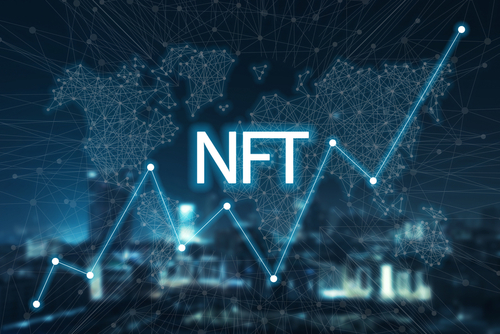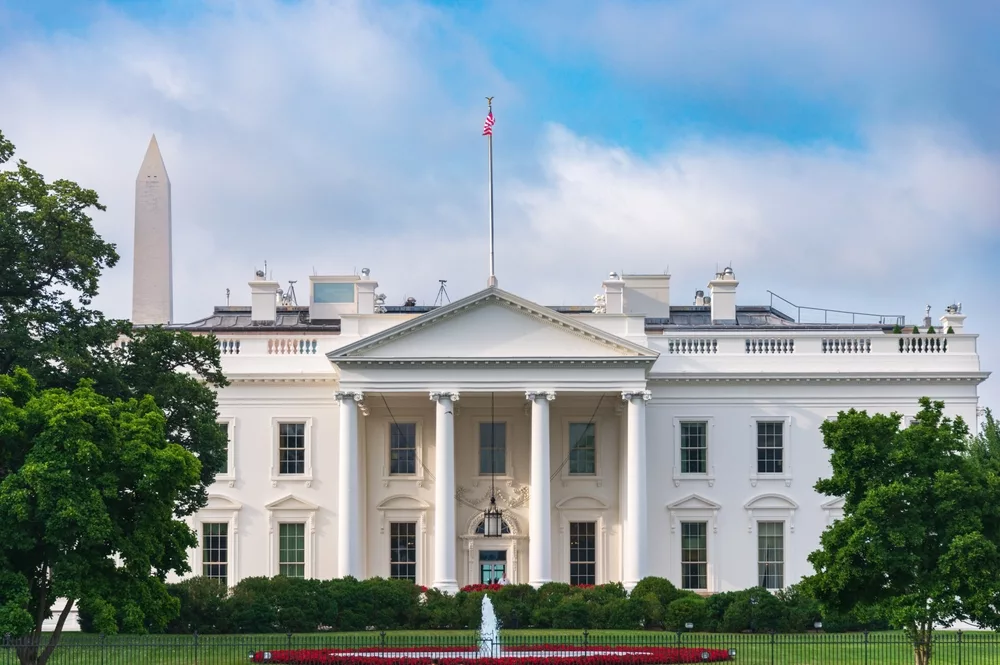
Summary
- A non-fungible token (NFT) is a cryptocurrency token that is indivisible and unique.
- One NFT cannot be interchanged with another NFT, and the whole cannot be broken down into smaller parts and used. NFTs offer a myriad of options for creating and trading digital assets — such as original artwork and blockchain-integrated collectible games like CryptoKitties.
- NFTs are useful for proving the scarcity and provenance of rare assets, both digital and in the real-world. Non-fungible tokens are mainly built on Ethereum using the ERC-721 token standard.
- A version of this article first appeared on Gemini’s Cryptopedia. Read more Crypto Council explainers.
Fungible and Non-Fungible Characteristics of Crypto Tokens
A fungible asset refers to an asset that is interchangeable with any other like unit of that asset. For example, one bitcoin (BTC) is the same as any other bitcoin in circulation — the case is the same with dollars or euros or ether (ETH). Fungible assets are also divisible, meaning they can be fractionally broken up into smaller units that share the same properties. Fungible assets are essentially indistinguishable from one other. These traits are key for any asset to be viable as a payment mechanism. On the other hand, non-fungible tokens are crypto tokens that are indivisible and unique. While NFTs are built on smart contracts just like ETH and DAI, NFT contracts contain specific information that makes each NFT different from the next. In this way, one NFT cannot be interchanged with another NFT, and the whole cannot be broken down into smaller units and used. These traits denote non-fungibility, hence the name NFT.
NFTs Offer Options to Create and Trade Rare and Unique Digital Assets
NFTs are provably scarce assets. Each non-fungible token contains computerized code that verifies it is the only asset with its specific digital identity. This all-important characteristic is useful for creating unique digital goods, and can even be used to represent rare physical assets, whose provenance (historical record of ownership) can be tracked and cryptographically verified through its underlying blockchain protocol. The possibilities for exclusive and rare items that can be traded — such as digital art, collectibles, or game pieces — are endless. Platforms like Open Sea, Super Rare, and Nifty Gateway bring NFTs to an ever-growing consumer base.
Non-Fungible Tokens Use the ERC-721 Token Standard
Ethereum is the most popular blockchain for creating NFTs today, as NFTs are typically built with the ERC-721 token standard. This standard outlines a minimum set of features that each non-fungible token should possess, but it does not limit potential extra attributes of NFTs.
Use Cases for NFTs Include:
- Creating digital or crypto-collectibles
- Managing ownership of digital items within blockchain-integrated games
- Proving authenticity of digital art, while allowing artists to retain their copyright and intellectual property
- Devising a digital identity system that allows users to control their data from one place
- Allowing fractional ownership of high-value items, such as real estate
One of the earliest and most popular applications for NFTs is the Ethereum-based game CryptoKitties, which allows players to buy, sell, and breed digital cats. CryptoKitties launched on November 28, 2017 and within two weeks had more than 150,000 users and $15 million in transactions. A single CryptoKitty was sold for $170,000, which made the platform a viral sensation, attracting a new audience of gamers to Ethereum along with global mainstream attention.
CryptoKitties was successful, but that success led to serious transaction congestion on the Ethereum network. The resulting scramble to accommodate network scalability — plus the large amounts of capital being exchanged for digital cats — drove many news organizations to cover CryptoKitties. This brought significant awareness to blockchain as a technology that can offer more than just cryptocurrencies.
Future of Non-Fungible Tokens
Since then, NFT gaming has grown tremendously. Dapper Labs, the company behind CryptoKitties, began partnering with other NFT providers in January 2019 to allow interoperability between game platforms. This means that a native NFT from one platform can now be utilized in another. A number of mainstream organizations have developed NFT projects — such as NBA Top Shot, created by game developer Ubisoft and the National Basketball Association (NBA).
The potential for NFTs has expanded significantly beyond gaming. Businesses and blockchain projects are exploring how to use non-fungible tokens for identifying, certifying, and ticketing, and for granting fractional ownership of both digital and real-world items. NFT use cases can include any instance where there is a need for clear ownership and traceability.
While NFTs still face challenges with regard to interoperability and scalability, the technology has shown its utility in proving uniqueness, scarcity, and ownership for both digital and real-world assets. Already a staple in blockchain gaming and collectibles, NFT technology has proved to be a large growth sector of the blockchain industry as use cases expand into digital identity records and representation of scarce real-world assets.
Need more Explainers?
Check out the Crypto Council’s resources for all your explainer needs. More content added regularly.

























